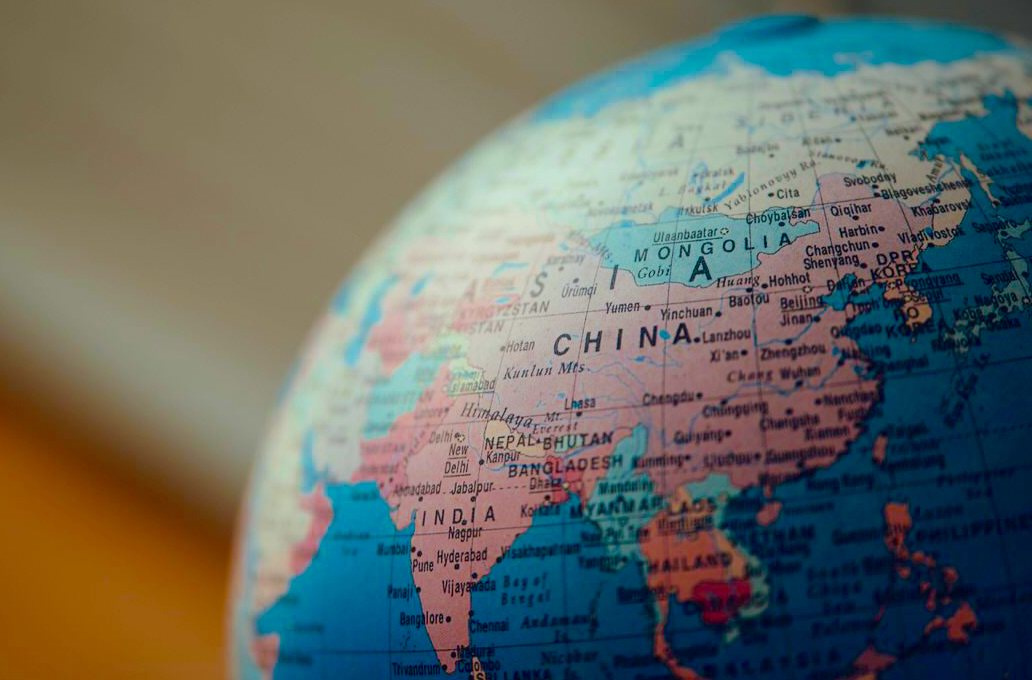This article is a guest contribution by Mark Mobius, Vice Chairman, Franklin Templeton Investments.
The value of the Chinese currency, the renminbi, has been a hot topic in recent weeks. China ties the value of the renminbi to the value of the U.S. dollar. Recently, however, the U.S. and some global institutions have increased pressure on China to change this valuation, which, they argue, has kept Chinese exports relative to the U.S. comparatively cheap. But the U.S. Treasury Department, which was due to issue a report on China’s currency on April 15, 2010, delayed this report by several months in order to allow a series of high-level meetings to take place.
As bottom-up equity investors, we focus on individual companies when evaluating investment opportunities. However, it is also important for us to understand how a company looks within its sector and country or region, and as such, our outlook on currencies forms part of our broader assessment on a company’s operating environment.
We look at all currencies on the basis of purchasing power parity (i.e. comparisons of different inflation rates) and, of course, any controls and influences imposed by the central bank of each country. We then try to asses whether a currency is over or undervalued, how devaluation or revaluation may impact a specific currency, and then gauge the potential impact of such currency characteristics on the business of each company. For example, for an export-oriented company, a devaluation of its operating currency could be positive because it may be able to export more aggressively and more profitably, while the opposite could be true for an import-oriented company.
Our purchasing power parity studies indicate that China’s currency, the renminbi, is actually close to fair value against the U.S. dollar at this stage. Judging from past experience, we believe that China is unlikely to act quickly on currency adjustments because they are afraid of the consequences of such volatility.
The Chinese Central Bank Governor, Zhou Xiaochuan, hinted in March that the renminbi might be allowed to rise once the global economy recovered. However, the Commerce Ministry and others protective of Chinese exporters expressed opposition to a rise in the renminbi, as exporters saw shipments fall early in 2009 for the first time since China began opening trade in the late 1970s.
As we see it, Chinese exporters have plenty of orders and Chinese companies are even stockpiling commodities such as crude oil, various metals, and grains, as a hedge against what appears to be rising inflation. Wages are moving up – in the export provinces of coastal China, for example, wages were raised by about 20% recently in an attempt to attract more workers from the interior.
If the renminbi appreciates, that could mean losses in China’s vast foreign reserves, which would fall in renminbi terms. Meanwhile, the Chinese are addressing the depreciation of the U.S. dollar with a diversification of their foreign reserves into other currencies and a move to higher interest rate securities compared to low-interest U.S. Treasuries.
The purchasing and storing of commodities is another way for China to conserve its value of foreign exchange reserves in an environment of a depreciating U.S. dollar. While statistics on commodity inventory levels in China may not be reliable or fully disclosed, our current information indicates that China’s commodity inventory levels are high. The Chinese favor commodities knowing that they will eventually be used, and also because they are concerned, given high and increasing demand, that commodity prices could rise further. A possible course of action could be to revalue the renminbi upwards so commodities would be cheaper in renminbi terms and wage demands could more easily be met. But with nationalist emotions rising, that course is probably closed.
Even though it is not clear if, when, and how China will make an upward revision in the value of its currency, one trend is clear: moves involving the renminbi by Chinese authorities will be closely watched around the world as China steps up to play a bigger role in world trade.
Source: Department of Human Resources and Social Security of Guangdong Province, Ministry of Human Resources and Social Security of the People’s Republic of China, as of April 30, 2010.
Source: Keeping an Eye on Currencies, Mark Mobius, Franklin Templeton Investments, May 10, 2010.












